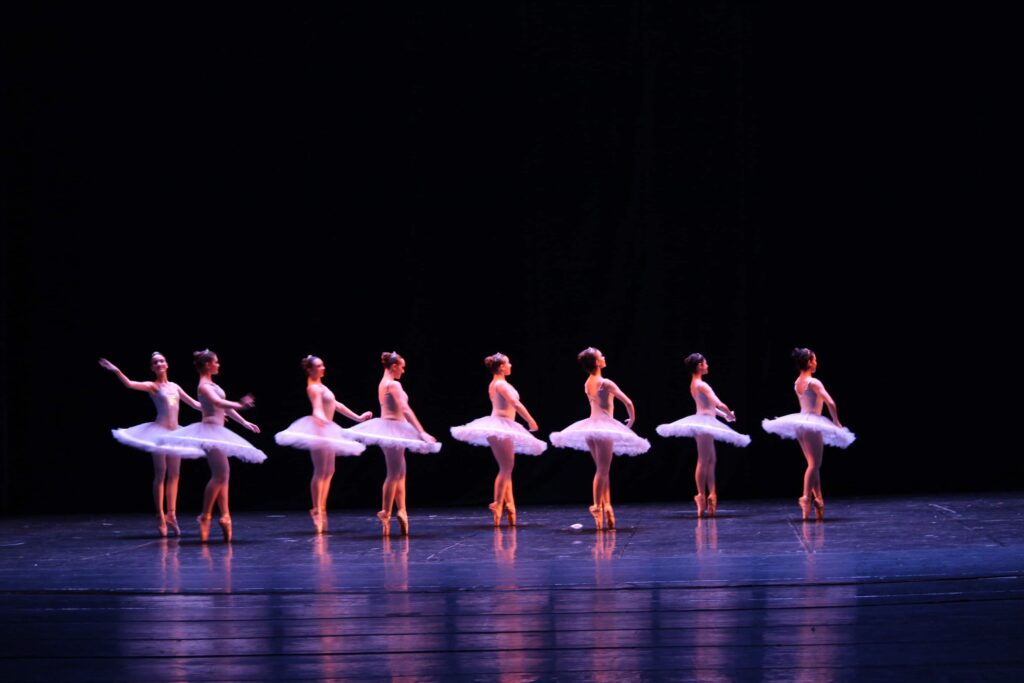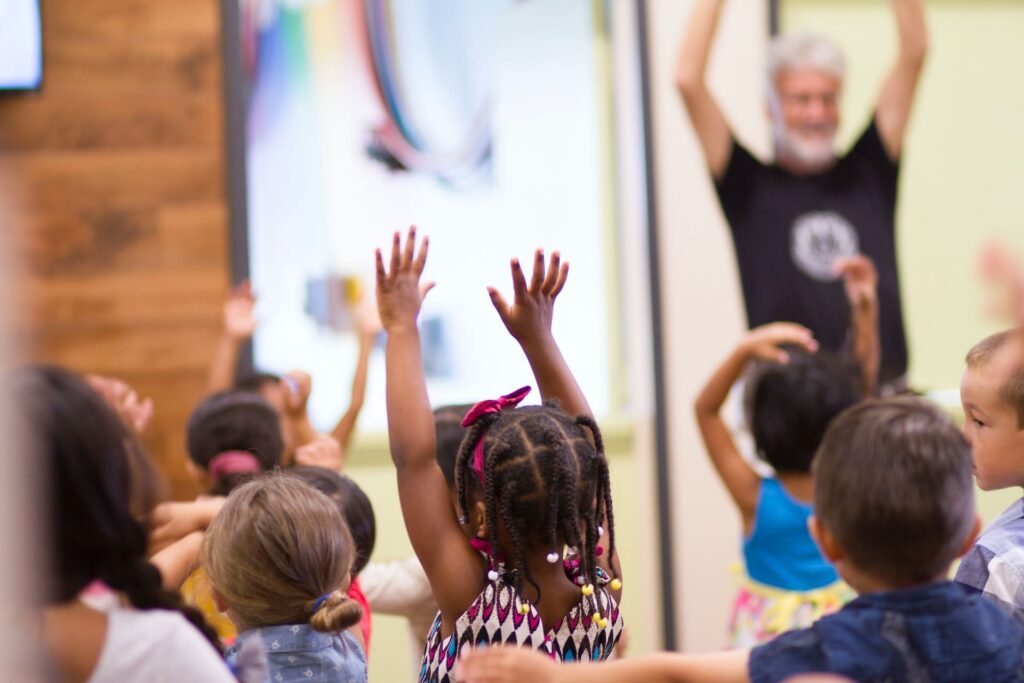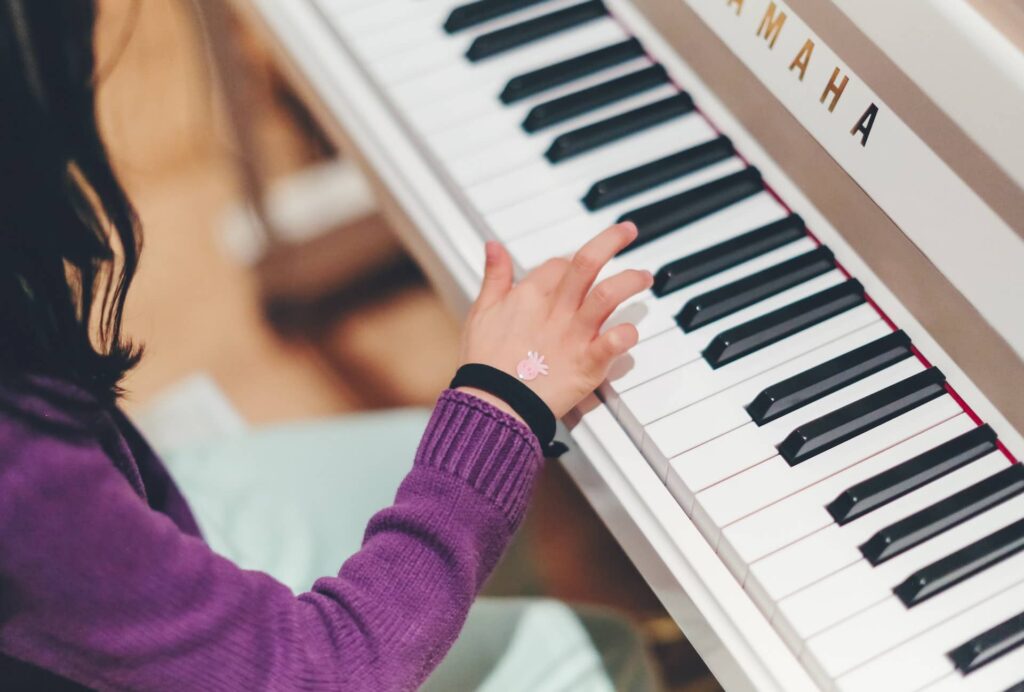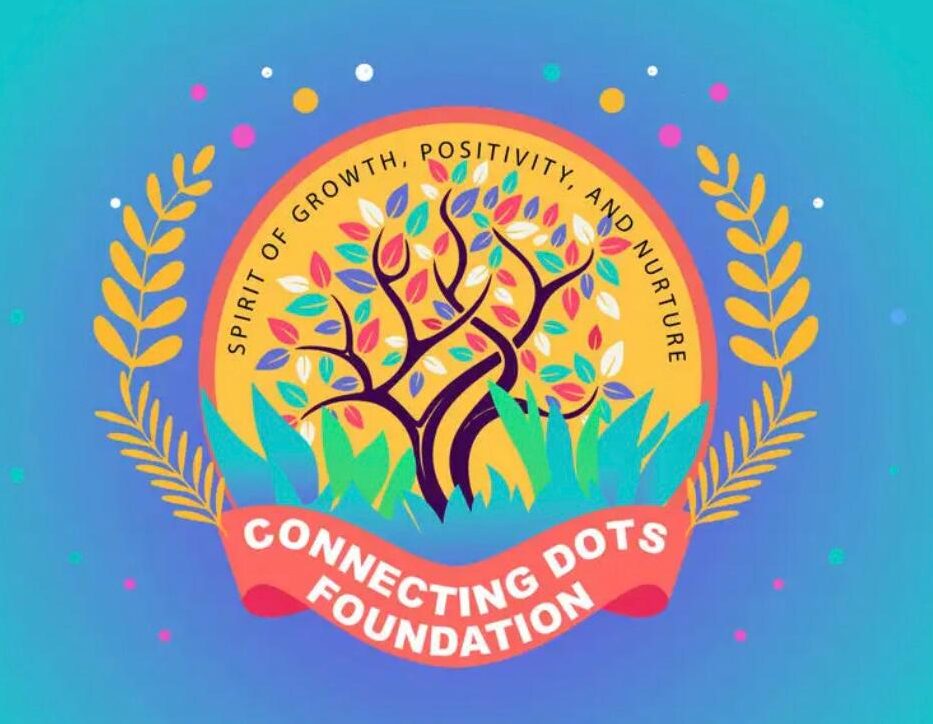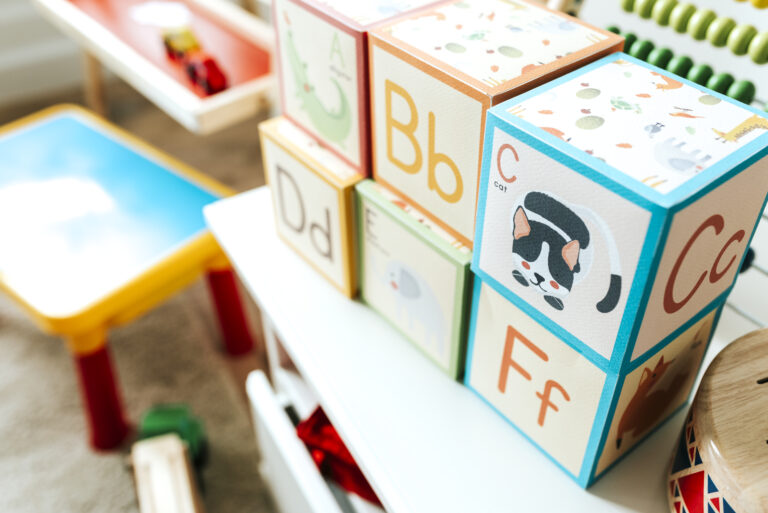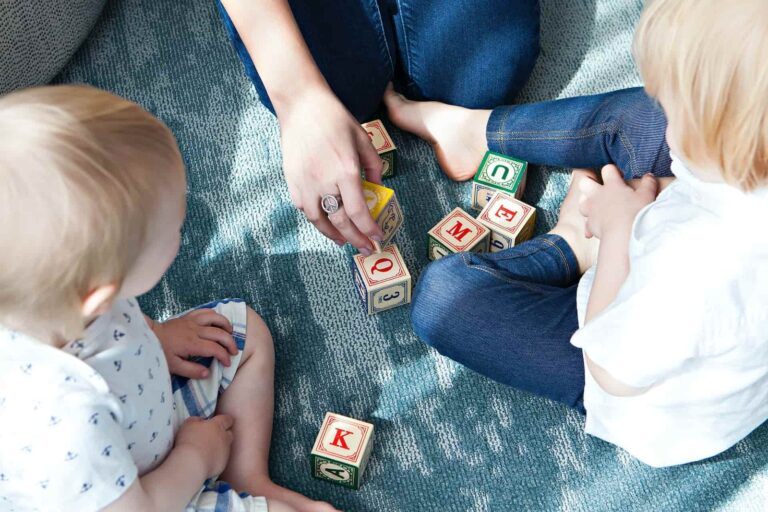At CDF, we aim to foster a lifelong love for learning in the children in our care. The renowned Reggio Emilia philosophy supports this goal, offering children an opportunity to learn through play and exploration, developing valuable skills in the cognitive, social-emotional, fine and soft motor areas with the environment as their third teacher.
Despite the incredible benefits and obvious influence that implementing this theory into children’s programs can have on a child’s development, it is sometimes misunderstood or misused.
At CDF, small class sizes allow your infant to develop among fellow peers and educators in an intimate setting. The primary goal of our educators is to ensure that your child’s individual needs are met, as they create an environment in which your infant is stimulated and encouraged through age-appropriate learning experiences. Infants have the opportunity to observe and interact with the physical world around them. Our daily infant program features experiences through light, water and other sensory activities. It also includes creative arts, dramatic (pretend) play and story/music time. Such activities develop skills in your infants, including cognitive, language, fine- and gross-motor, and social emotional skills.
Following the infant room, your child will enter the toddler stage. At this point in their lives, curiosity and learning will become more prominent. The toddler program is designed to guide children as they develop a greater sense of curiosity and understanding. Your child will be exposed to a quiet reading area. In this area, your child can choose to participate independently in a range of logic games and puzzles, and many more stimulating activities that allow them to develop. Learning self-help skills is an important part of the curriculum. Our main focus in the toddler room is to ensure the safety and development of your child, and prepare them for the preschool classroom, in which there is a more academic approach to learning.
